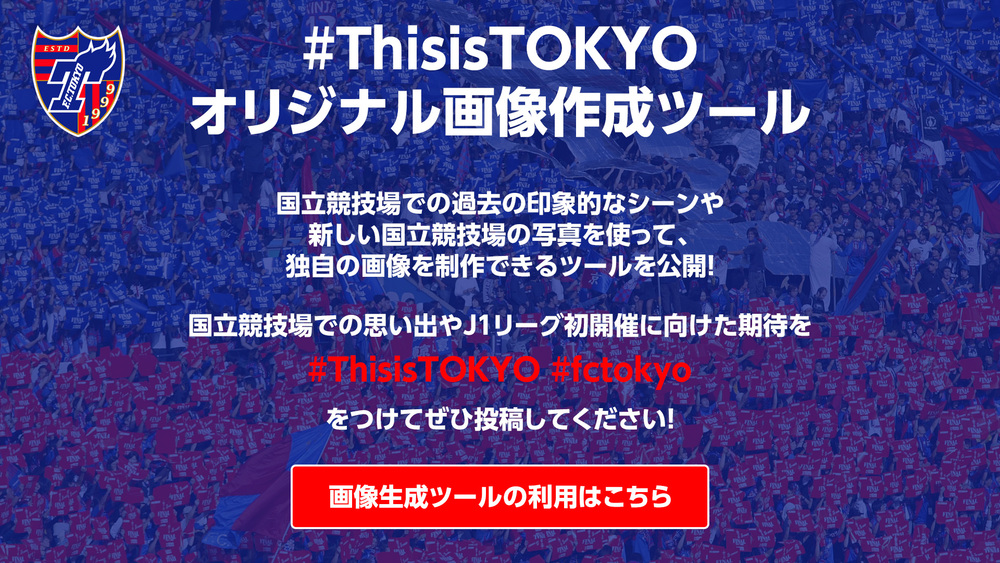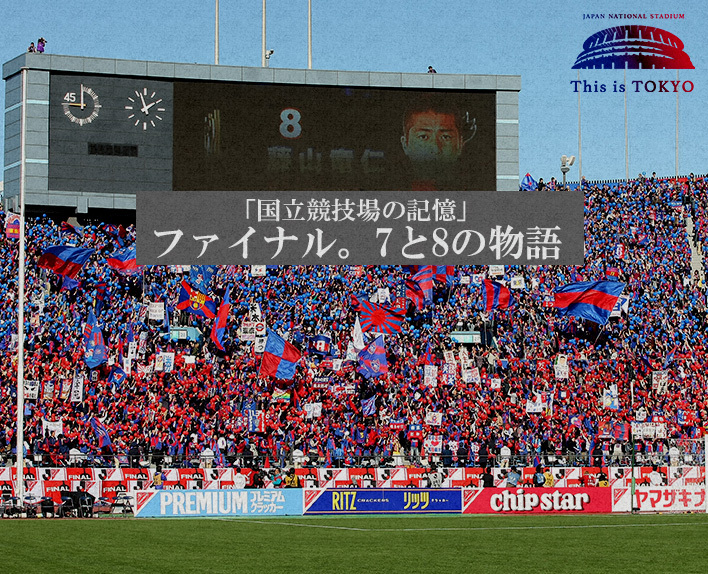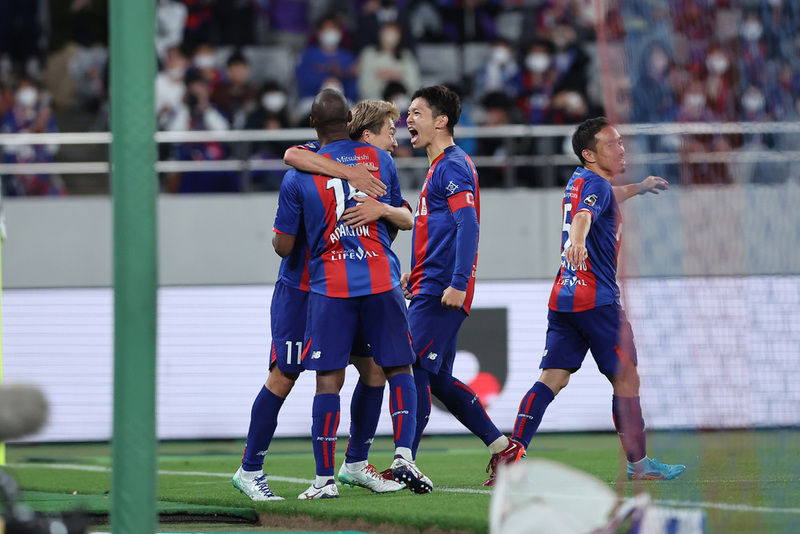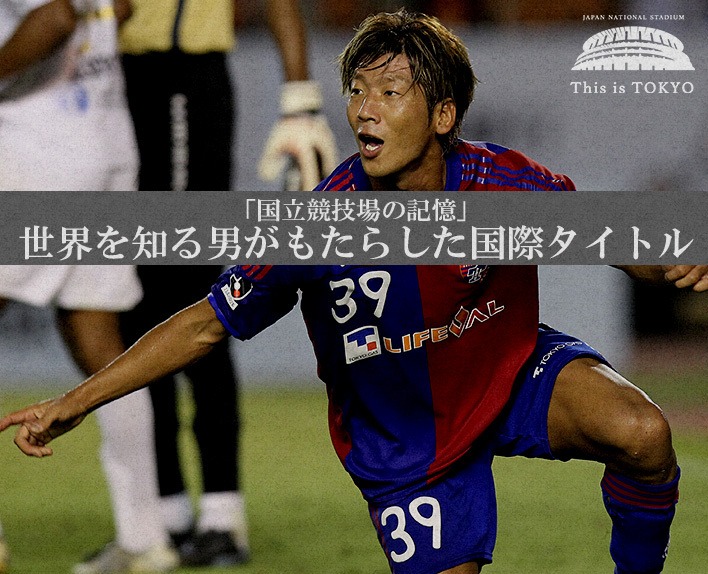Finally, on Apr 29 (Fri, Holiday), Tokyo will play its first J-League match at the new Japan National Stadium.
At the National Stadium before renovation, we have played many official matches since our first year in the J.League. There were memorable super plays and impactful events. Since achieving our long-awaited title, Tokyo has won all titles at the National Stadium, symbolizing the deep connection between Tokyo and the National Stadium.
Our National.
Before taking a new step at the National Stadium, let's look back at the footprints and memories left at the previous National Stadium with photos from that time.
2009 Final. The story of 7 and 8.
[Match Information]
2009 J-League Yamazaki Nabisco Cup Final
FC Tokyo 2-0 Kawasaki Frontale
I cannot forget the tears of frustration that I saw while picking up the voices of joy.
It was also part of the story of numbers 7 and 8. Satoru ASARI and Ryuji FUJIYAMA. They have walked together as each other's support from the Tokyo Gas Soccer Club. In the 2009 Yamazaki Nabisco Cup, which was their last year in Tokyo, the team won their second championship in 5 years.
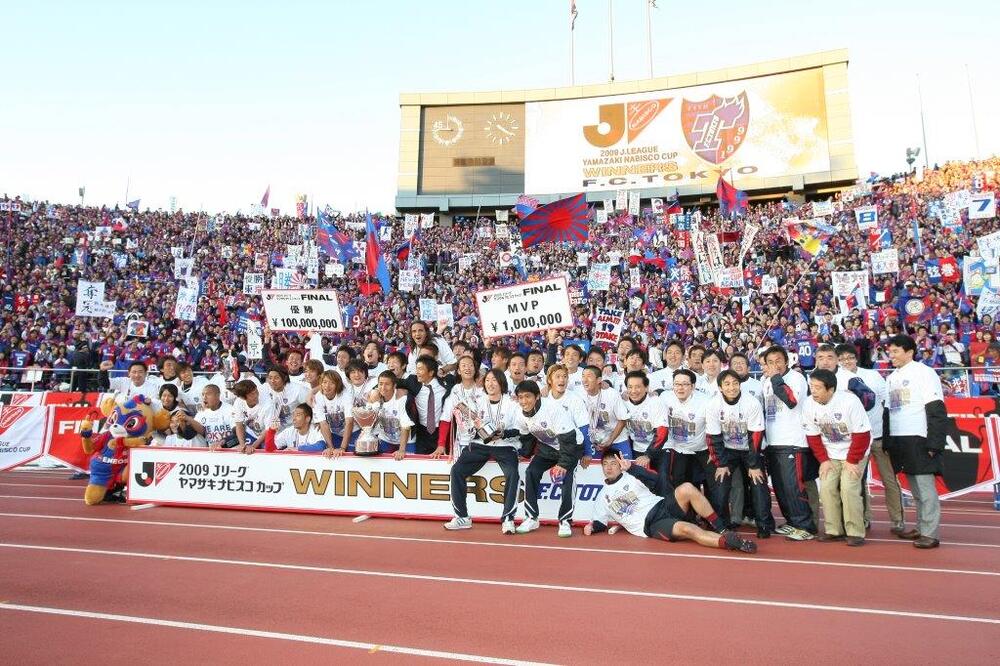
It was right after the final round. As Asari headed towards the national parking lot, he was stopped. At first, he spoke as usual, saying, "I think the team has matured more than five years ago. The way we played the game was suitable for a team competing for the championship..." However, there seemed to be something gradually welling up inside him. There were no words that followed, and the patched-up smile was no longer there.
"I wanted to stand there with Mr. Fuji."
The voice trembling faintly, and every time I remember that expression, my heart is still tightened.
In the second year of Jofuku's reign, the team matured with each game. By the end of summer, it was surprising to hear the usually cautious Tokunaga Yuhei say, "I don't feel like we can lose to anyone." The team had an unbeatable aura. However, gradually, things started to fall apart. Cabore, who had struck fear into opponents with his lightning speed, left the team to join a Middle Eastern club as a parting gift after reaching the Nabisco Cup final due to team circumstances. In addition, Ishikawa Naohiro, who had been scoring goals consistently, suffered a long-term injury. The pre-match predictions for the final round were not in favor of Kawasaki Frontale.
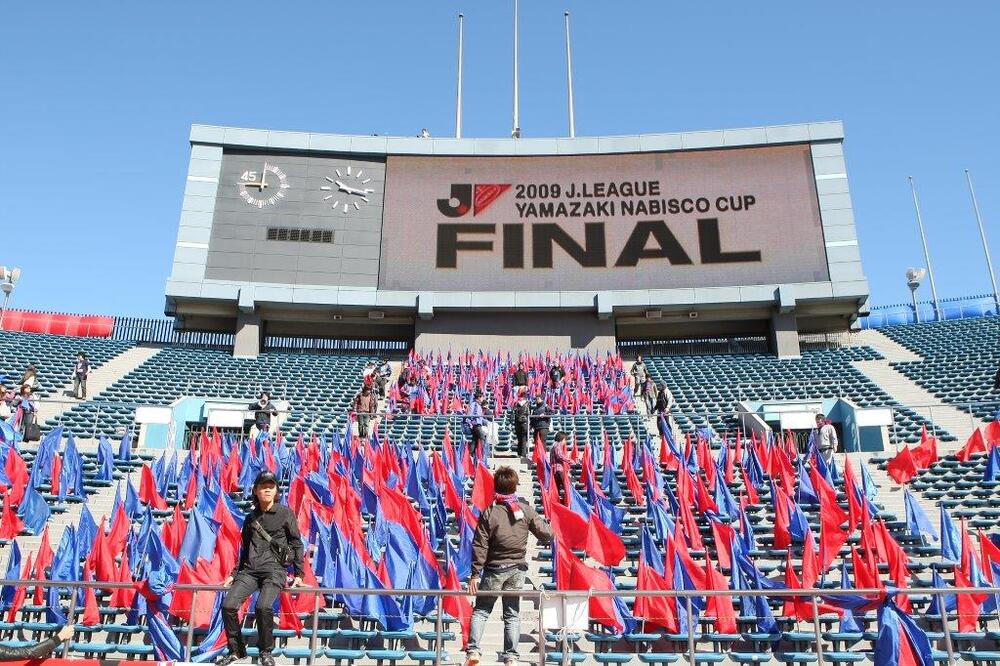
In the midst of all this, the club announced the departure of Fujiyama, a long-standing contributor since its establishment, and the retirement of Asari. Asari's playing time had been greatly reduced due to the rise of high school rookie Takuji Yonemoto. While this had an impact, there were also the feelings of the two, saying "Because of that Nabisco final, we announced the retirement early and have been discussing how the two of us, Fujisan and I, can bring momentum to the team from here" (Asari).
However, Asari will also be excluded from the bench for the final round. On the day before the match, Asari crossed the fan service zone and headed straight to the dressing room. There, Fujiyama, who was alone with Asari, decided to wear the uniform of his sobbing teammate in front of him and compete in the final the next day.
The final round, where various thoughts are intertwined, opened in the 22nd minute of the first half with a brilliant middle shot from Yonemoto, who has not only shown his play since before turning professional, but also his daily attitude and goals. The irregular trajectory that flew out of his right foot with all his strength bounced off Kawashima Eiji's hand and pierced into the goal net.
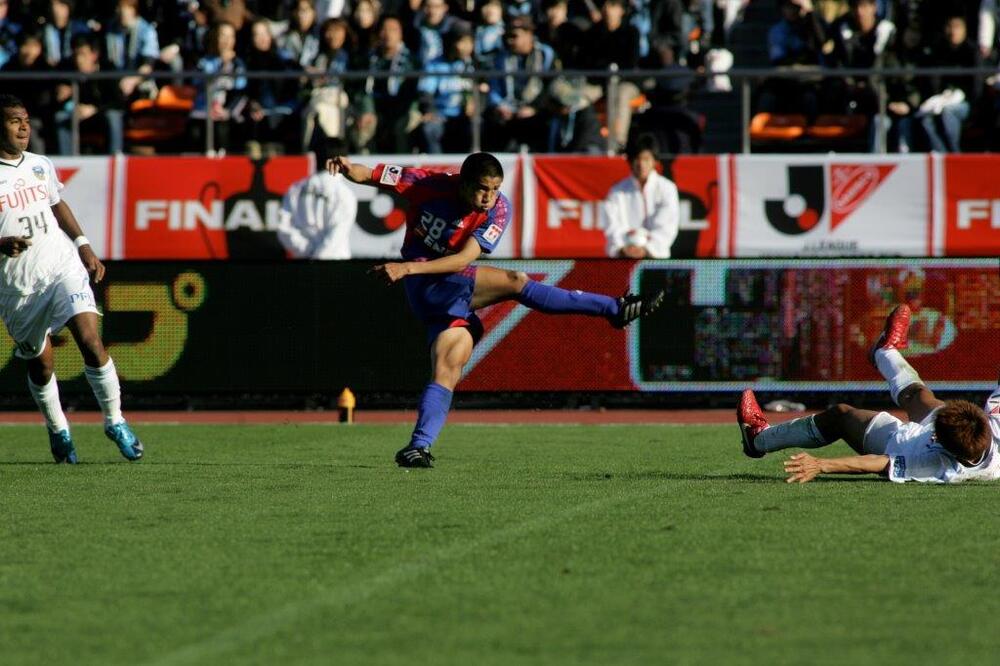
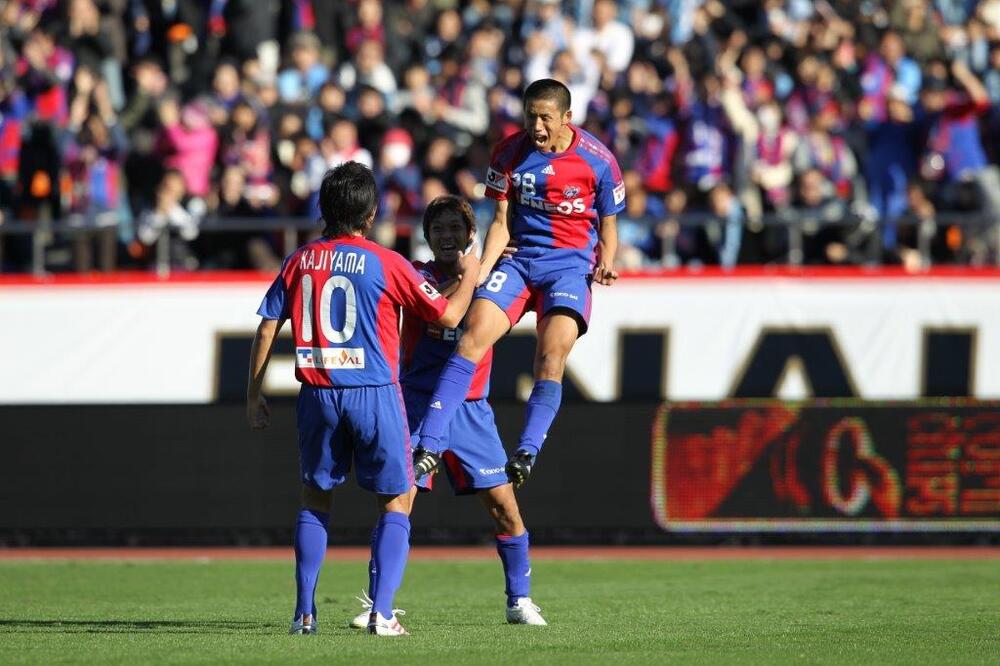
After that, we withstood Kawasaki's fierce attack and in the 14th minute of the second half, Shun HIRAYAMA, also known as "National Kan," scored an additional goal and held on to win.
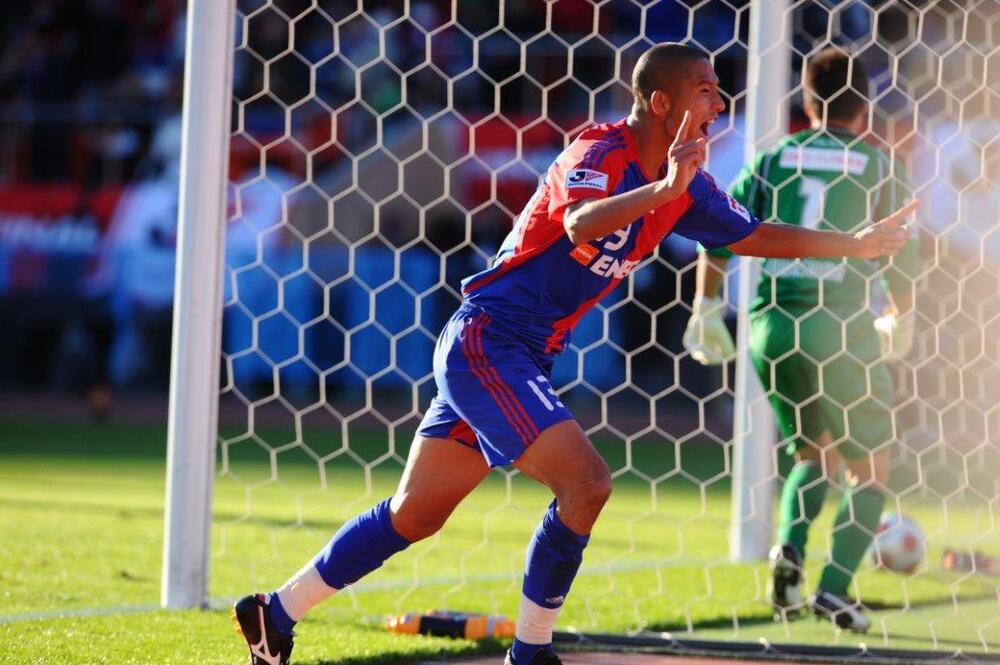
At the joyous award ceremony, Mr. Tokyo (self-proclaimed) takes the stage in jersey number 7. This is also one episode that shows their strong determination.
Asari, who retired, voluntarily gave his long-held number 7 to Yonehara. Despite having rivals for his position every year, he quietly accumulated 13 years of active career through diligent efforts without complaining. It may have been Asari's only selfish act towards the club in the end.
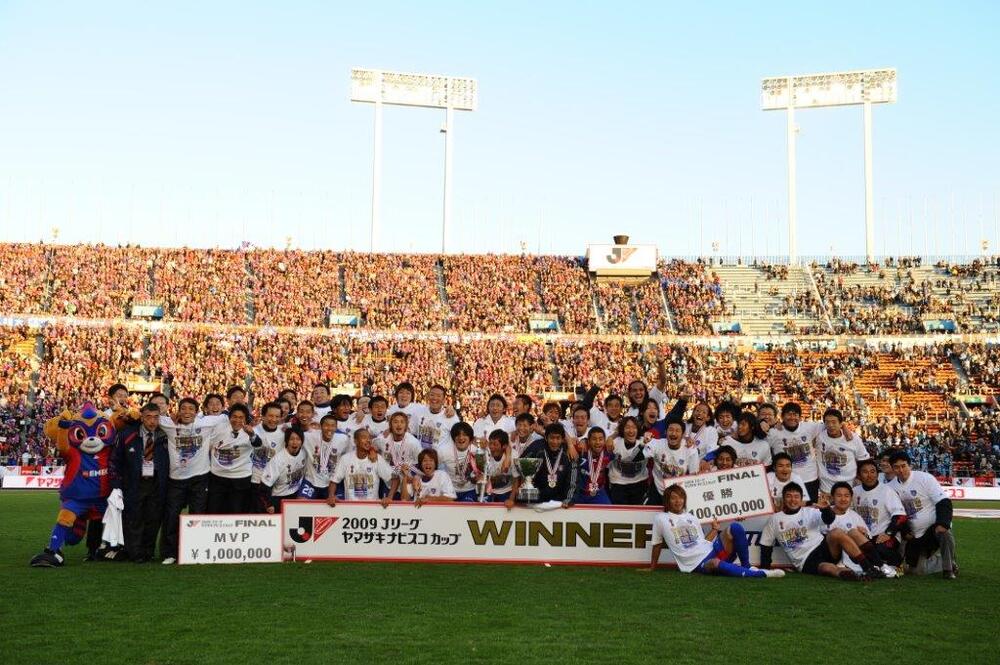
When I remember that Yone, who was completely embarrassed at that time, proudly talked about this later, my heart becomes warm again. The fact that the jersey number was inherited by the predecessor's wish is the only example in the history of FC Tokyo.
Text by Tadashi BABA (Freelance Writer)

